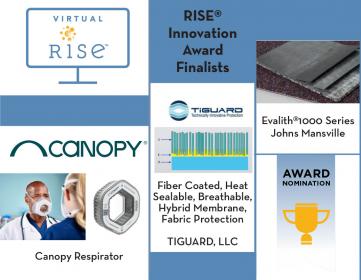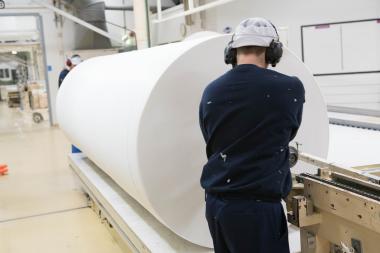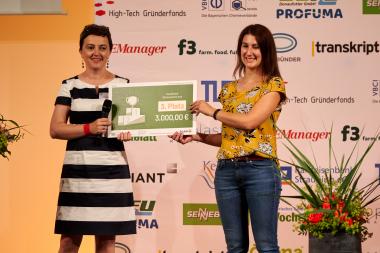Kelheim Fibres Innovative Viscose Specialities at INDEX20
Not only since 2021 has sustainability been a topic high on society’s agenda. And yet the importance of sustainability for consumers and companies has once again increased sharply as a result of the Corona pandemic, as numerous studies confirm. Then why is it often so difficult to implement this conviction in everyday life? One of the biggest obstacles to sustainable consumer behaviour is the lack of availability of alternatives.
In addition to changing consumer demands, the EU Commission's recent decision on the single-use plastics directive is also prompting many nonwovens manufacturers to look at alternative solutions. Kelheim Fibres is exhibiting at this year's INDEX in Geneva and online with bio-based fibers that offer an alternative to synthetic materials in a wide range of applications. The Bavarians have decades of experience in the nonwovens and hygiene sectors and work on individual customer-specific innovations.
"We want to make it easy for consumers to choose an environmentally friendly option. That’s the case when bio-based solutions offer the same performance as synthetic products," said Matthew North, Commercial Director at Kelheim Fibres." Our fibre technology allows us to create just that: unlike natural fibres, which are available already in fibre form and can only be treated on the surface, we can engineer the properties of our fibres they need for specific applications by specifically intervening in the production process. That way we combine nature - our fibres are made of wood pulp - with performance."
Kelheim's special fibres are made of wood pulp from sustainably managed sources, are produced in Kelheim in an environmentally friendly way and are fully biodegradable at the end of their product life. Kelheim Fibres is the first viscose fibre manufacturer in the world with an EMAS validated Environmental Management System and was awarded a dark green/light green shirt in the most recent Canopy HotButton-Ranking.
Kelheim Fibres GmbH






























